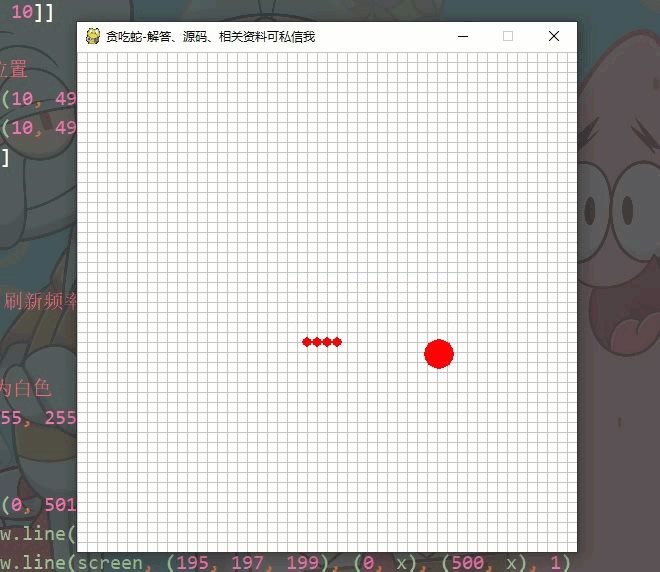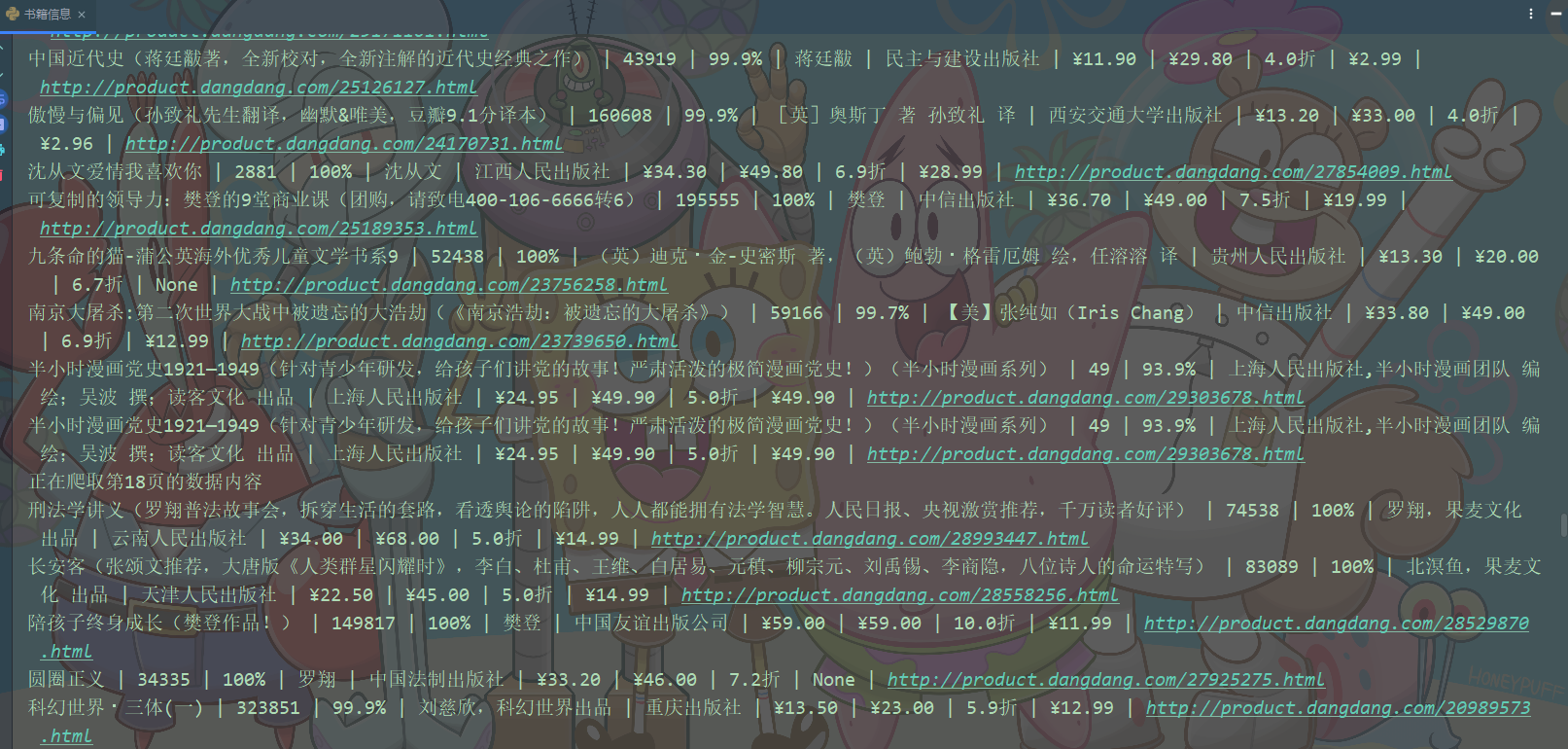Python爬虫的json模块与jsonpath模块?很多新手对此不是很清楚,为了帮助大家解决这个难题,下面小编将为大家详细讲解,有这方面需求的人可以来学习下,希望你能有所收获。
json (JavaScript对象表示法)是一种轻量级的数据交换格式,它使得人们很容易的进行阅读和编写。同时也方便了机器进行解析和生成。适用于进行数据交互的场景,比如网站前台与后台之间的数据交互. json和XML相比较可谓不相上下。
Python 3。X中自带了JSON模块,直接进口JSON就可以使用了。
官方文档:http://docs.python.org/library/json.html
JSON在线解析网站:http://www.json.cn/
<强> JSON
JSON简单来说就是JavaScript中的对象和数组,所以这两种结构就是对象和数组两种结构,通过这两种结构可以表示各种复杂的结构。
对象:对象在js中表示为{}括起来的内容,数据结构为{key1: value1, key2: value2,…}的键值对的结构,在面向对象的语言中,主要为对象的属性,价值为对应的属性值,所以很容易理解,取值方法为对象。关键获取属性值,这个属性值的类型可以是数字,字符串,数组,对象。
数组:数组在js中是[]括起来的内容,数据结构为[& # 39;Python # 39;,“javascript # 39; & # 39; C + + & # 39;,…),取值方式和所有语言一样,使用索引获取,字段值的类型可以是数字,字符串,数组,对象。
<强> json模块
json模块提供了四个功能:转储,转储,负载,负载,用于字符串和Python数据类型间进行转换。
<强> 1. json.dumps()
实现Python类型转化为json字符串,返回一个str对象,从Python到json的类型转换对照如下:

# !/usr/bin/python3
#,- *安康;编码:utf-8 - *
,
import json
,
时间=listStr [1,, 2,, 3,, 4]
tupleStr =, (1,, 2,, 3,, 4)
dictStr =, {“city":,“北京“,,“name":,“蚂蚁“}
,
print (json.dumps (listStr))
#,(1,,2,,3,,4]
,
print(类型(json.dumps (listStr)))
#,& lt; class & # 39; str # 39;比;
,
print (json.dumps (tupleStr))
#,(1,,2,,3,,4]
,
print(类型(json.dumps (tupleStr)))
#,& lt; class & # 39; str # 39;比;
,
#,注意:json.dumps(),序列化时默认使用的ascii编码
#,添加参数,ensure_ascii=False 禁用ascii编码,按utf - 8编码
print (json.dumps (dictStr, ensure_ascii =, False))
#,{“city":,“北京“,,“name":,“蚂蚁“}
,
print(类型(json.dumps (dictStr, ensure_ascii =, False)))
#,& lt; class & # 39; str # 39;在 <强> 2. json.dump()
,将Python内置类型序列化为Json对象后写入文件
# !/usr/bin/python3
#,- *安康;编码:utf-8 - *
,
import json
,
时间=listStr [{“city":,“北京“},,{“name":“蚂蚁“}]
json.dump (listStr, open (“listStr.json",,“w",, encoding =,“utf-8"),, ensure_ascii =,假)
,
dictStr =, {“city":,“北京“,,“name":,“蚂蚁“}
json.dump (dictStr, open (“dictStr.json",,“w",, encoding =,“utf-8"),, ensure_ascii =, False) <强> 3. json.loads()
把Json格式字符串解码转换成Python对象,从Json到Python的类型转换对照如下:

# !/usr/bin/python3
#,- *安康;编码:utf-8 - *
时间=__author__ & # 39;马邑村# 39;
,
import json
,
时间=strList & # 39; [1,, 2,, 3,, 4] & # 39;
,
时间=strDict & # 39; {“city":,“北京“,,“name":,“蚂蚁“}& # 39;
,
print (json.loads (strList))
#,(1,,2,,3,,4]
,
#,json数据自动按utf - 8存储
print (json.loads (strDict))
#,{& # 39;城市# 39;:,& # 39;北京& # 39;,,& # 39;名字# 39;:,& # 39;蚂蚁& # 39;} <强> 4. json.load()
读取文件中Json形式的字符串,转换成Python类型
# !/usr/bin/python3
#,- *安康;编码:utf-8 - *安康;
import json
,
时间=strList json.load(开放(“listStr.json",,“r",, encoding =,“utf-8"))
打印(strList)
#,[{& # 39;城市# 39;:,& # 39;北京& # 39;},,{& # 39;名字# 39;:,& # 39;蚂蚁& # 39;}]
,
时间=strDict json.load(开放(“dictStr.json",,“r",, encoding =,“utf-8"))
打印(strDict)
#,{& # 39;城市# 39;:,& # 39;北京& # 39;,,& # 39;名字# 39;:,& # 39;蚂蚁& # 39;}







